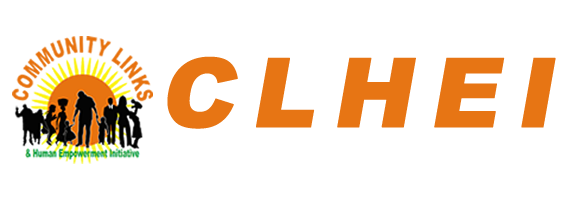
AGRO-CLIMATIC RESILIENCE IN SEMI-ARID LANDSCAPES (ACReSAL).
The ACReSAL project accounts for a large part of the FGN’s objective of restoring one million ha degraded land out of the 4 million ha target set for broader landscape restoration by 2030. The project is helping to reduce the vulnerability of millions of the extreme poor in northern Nigeria, strengthening their own role in the management of their territories.
The project also works to support the World Bank agricultural thrusts on climate-smart agriculture, improving livelihoods and better jobs, including for women and youth, boost agribusiness value chains and improve food security. Importantly, the project will contribute towards achieving the World Bank’s corporate commitment of increasing its new climate lending portfolio from 28 percent to 35 percent over the period FY21-25.
In the North West senatorial District of Benue State (Zone B) in Nigeria, Community Links and Human Empowerment Initiative (CLHEI) was selected as one of the focal non-governmental organizations responsible for driving community engagement, sensitization campaigns, and monitoring of ACReSAL Project interventions within the designated watershed areas.

To drive inclusive partnership and community ownership of the ACReSAL Project CLHEI held structured consultative engagements with community members to identify priorities, make decisions, and take action on issues that affect their lives and well-being. These engagements served as platforms to introduce the objectives of the ACReSAL project, clarify roles and responsibilities, and foster local understanding and support. Stakeholders engaged included traditional rulers, women and youth groups, community-based organizations, and opinion leaders who are key to mobilizing grassroots support and promoting long-term sustainability.
Under the ACReSAL Project, CLHEI is achieving sustainable outcomes under:
- Component A: Dryland Management
- Component B: Community Climate Resilience and;
- Component C: Institutional Strengthening
As a result of these engagements, communities have expressed strong interest and commitment to the success of the project. Many nominated credible individuals to serve on local structures such as the Board of Trustees, Grievance Redress Committee, Community Revolving Fund Management Committee, Plantation Management Committees and Community Business Agents, thereby reinforcing accountability and local oversight. The inclusive approach not only increased awareness and trust in the project but also laid the foundation for shared responsibility, as community members now view themselves as co-owners and custodians of the initiatives. This sense of ownership has been critical to ensuring the effective implementation, monitoring, and sustainability of the ACReSAL interventions in Benue State, Nigeria.


















